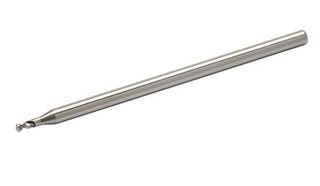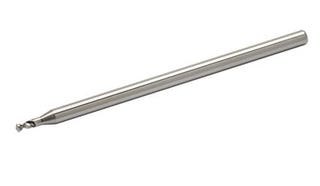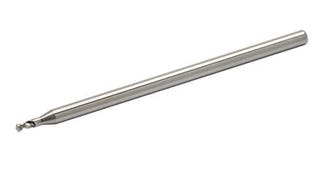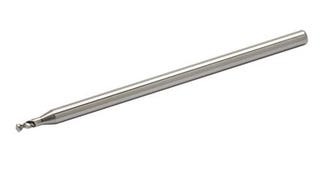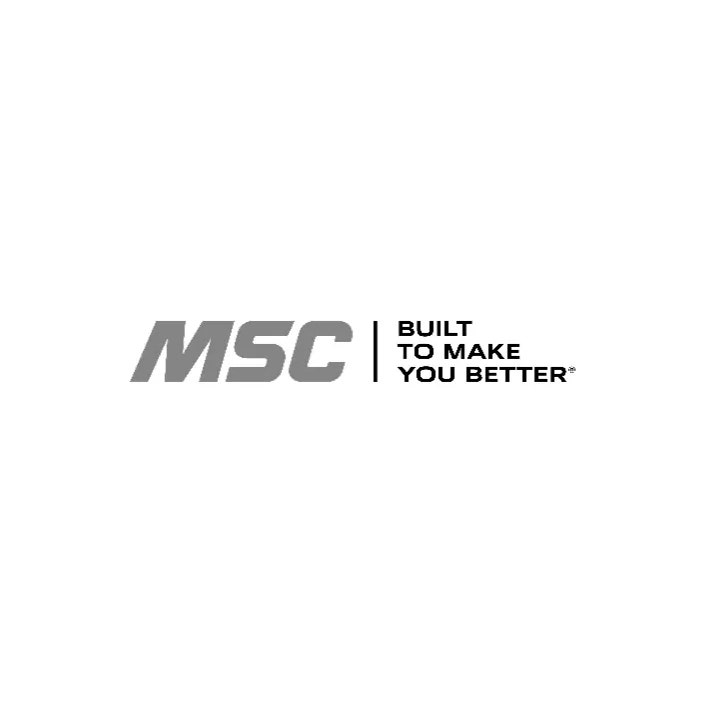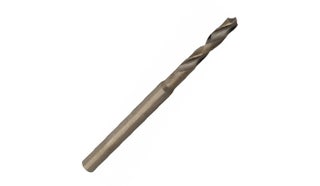- 3D Printing
- Abrasives
- Adhesives, Tapes & Fasteners
- Bearings And Transmission
- Electrical
- Fluid Power
- Hand Tools
- Holemaking
- Janitorial & Site Maintenance
- Lubrication
- Machinery & Welding
- Measuring & Inspection
- Metalworking Fluids
- Milling
- Packaging Office Supplies
- Personal Protective Equipment
- Power Tools
- Raw Materials
- Saw Blades
- Site Safety
- Storage
- Threading
- Toolholding & Workholding
- Turning Tools
- Workwear
Micro Drill

